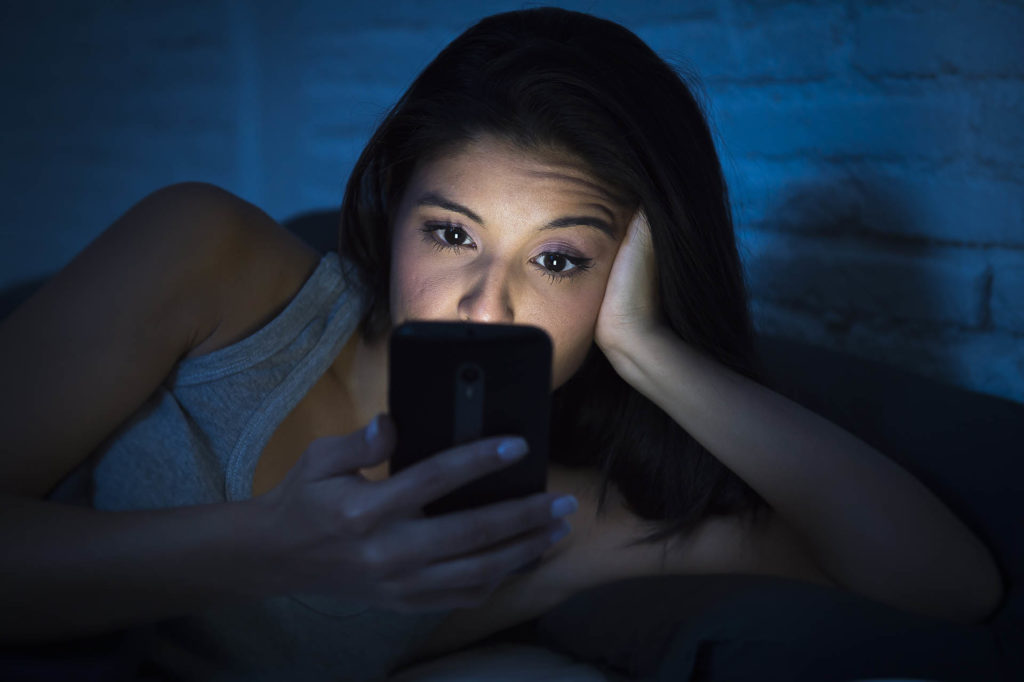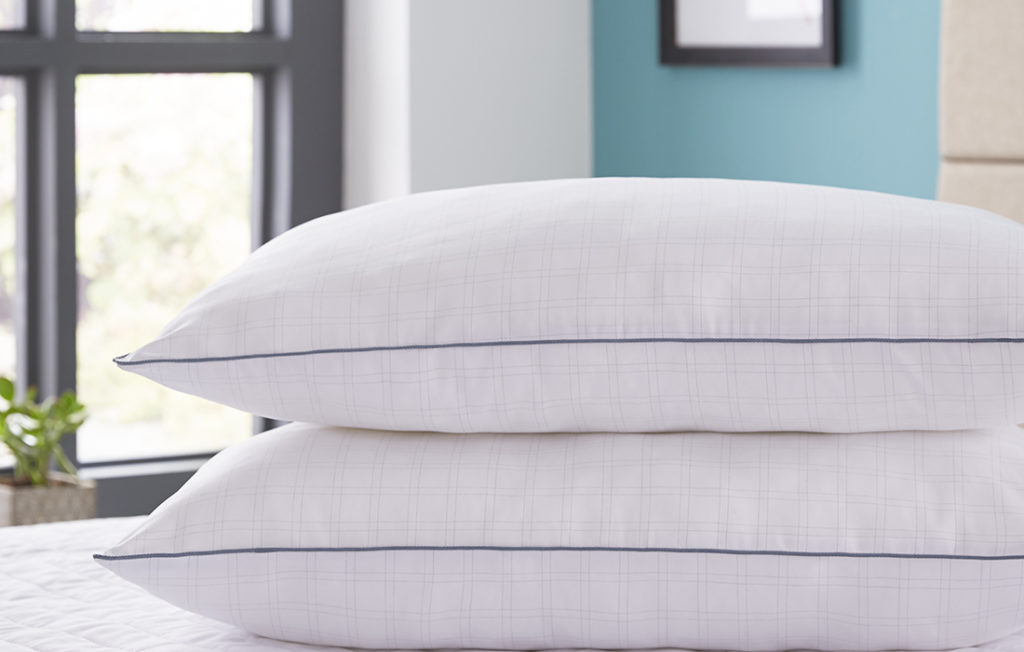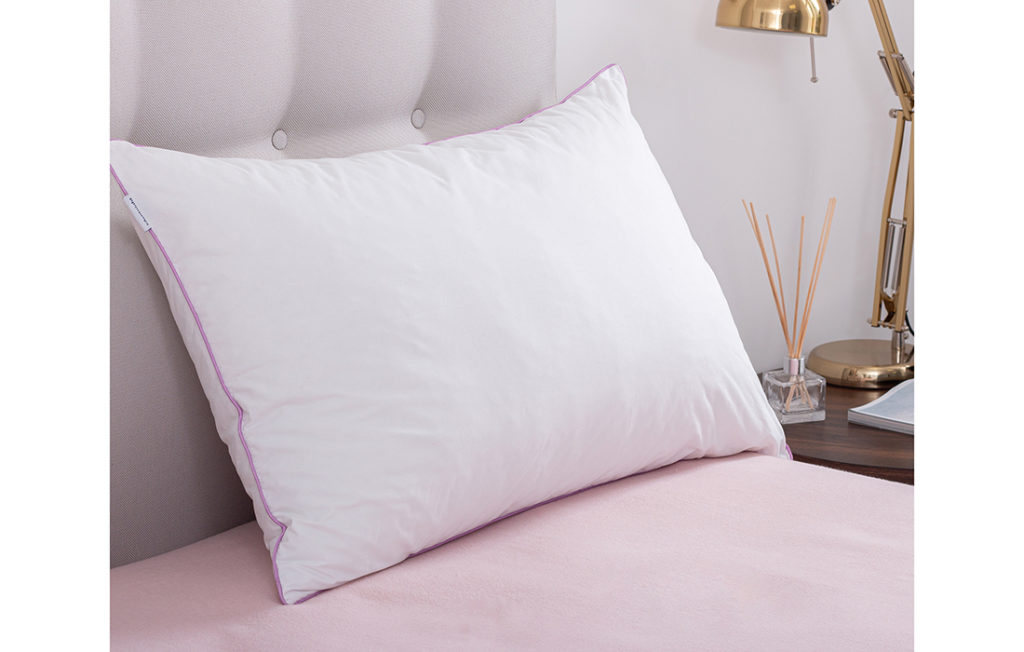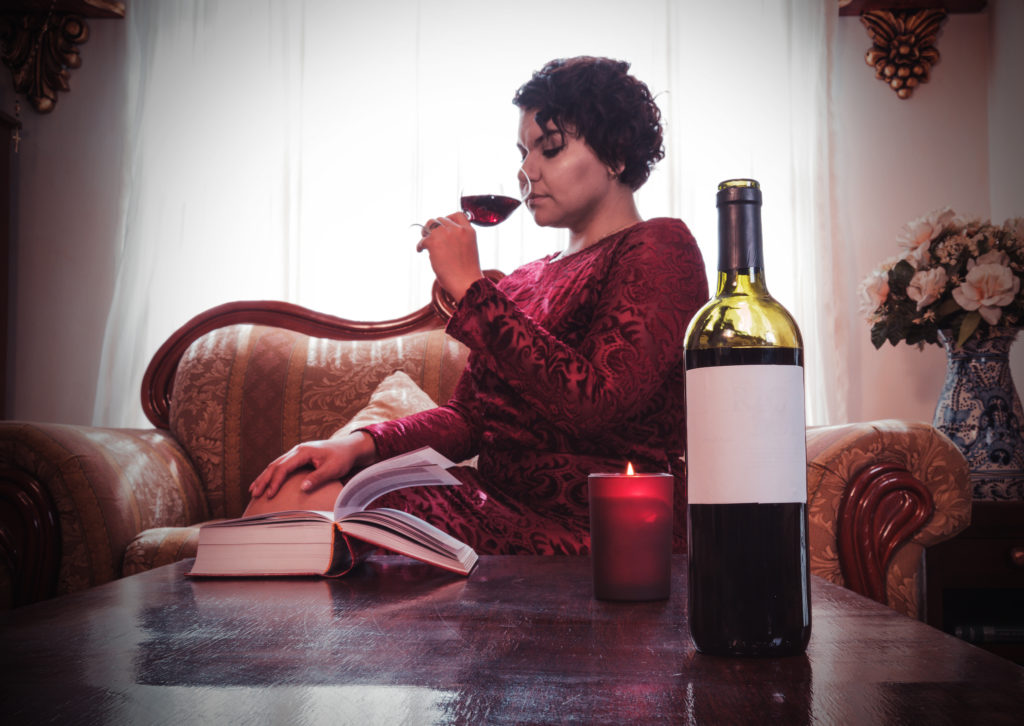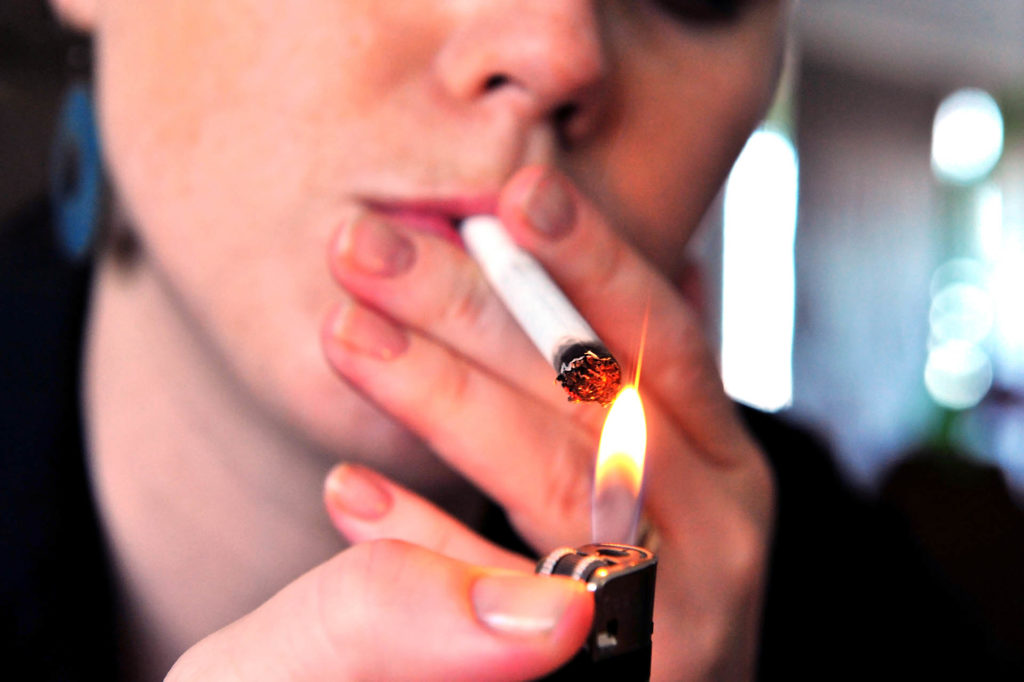Are You Self-sabotaging Your Sleep Routine?
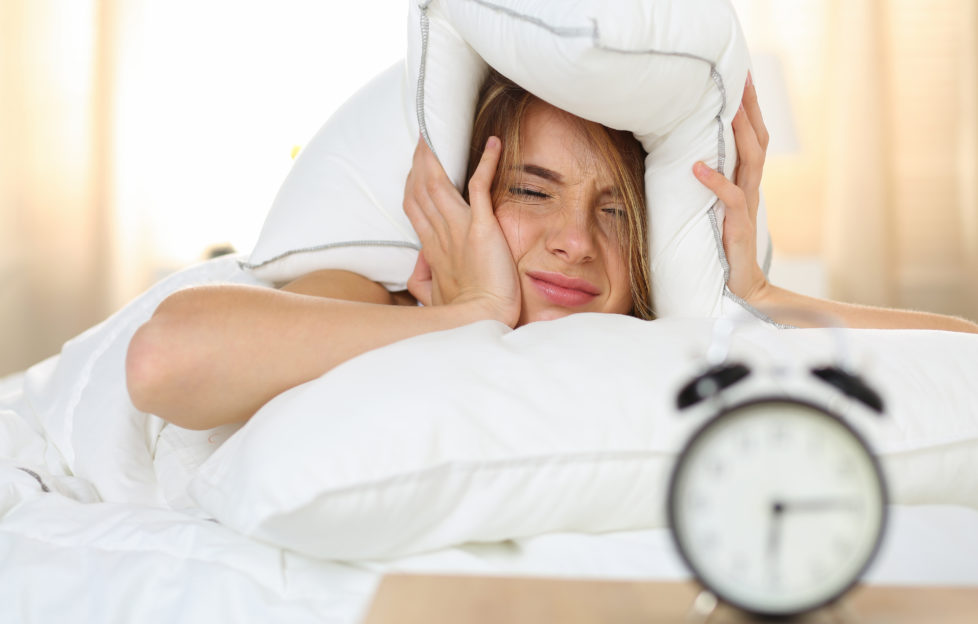
Three quarters of all Brits self-sabotage their sleep by indulging in bedtime bad habits – behaviours they know will impede their ability to get to sleep – from four to seven nights per week.
The data, compiled via research by Silentnight’s Wellbeing Collection found that 73 per cent know that habits including scrolling on social media, drinking alcohol, smoking and shopping have a negative impact on their sleep, mental and physical health – but proceed to do them anyway.
With bad bedtime habits rife across the nation, it’s perhaps unsurprising that a third of Brits have made ‘to sleep better’ or ‘improve my bedtime routine’ their 2021 New Year’s resolution.
A spokesperson for Silentnight’s Wellbeing Collection, Hayley Chaytor, said: “It’s interesting to see that while so many of us are looking to improve our sleep, the majority of us know that our pre-bed evening routines are impacting our ability to get a good night’s rest. What’s more, scientific research shows that better quality sleep has benefits for overall health and wellness, meaning sleeping well can make achieving other resolutions simpler too.
“Our research data helped to influence our new wellbeing collection of pillows and duvets, which have been especially designed to make achieving a great night’s sleep – and in turn generating those overall health and wellness benefits – simple.”
Silentnight also asked its survey respondents what worries kept them awake at night and unsurprisingly Covid-19 related worries featured heavily; money worries (35 per cent), family worries (34 per cent), job worries (26 per cent), children’s health worries (11 per cent) and concerns about children’s education (seven per cent) all ranked highly. However, worries about appearance (15 per cent) and around worries about others’ perceptions (13 per cent) were also common amongst those surveyed.
Another finding from the research included 43 per cent stating that they have to watch a minimum of five vlogs or YouTube videos before they can nod off.
Silentnight’s Wellbeing Collection includes a full range of bed products that have been specifically designed to ease the stresses of modern-day life and encourage a relaxed, restorative night’s sleep. The products include weighted blankets in a variety of weights to suit all sleepers, including children. These blankets are designed to ease stress and anxiety by relaxing both the body and mind with deep-touch pressure stimulation. They are joined by Silentnight’s Re-balance Pillow Pair, which feature carbon threads that restore hormonal balance by reducing the stress hormone cortisol, to ease anxiety and allow for a deeper, more restorative sleep.
The collection also features a lavender-scented and cooling pillows that each make nodding off a doddle and a copper infused pillow that promotes more restful sleep whilst also helping to reduce skin imitations, acne flare ups and puffy eyes, for true ‘beauty sleep’.
Silentnight’s Wellbeing Collection is available from a wide range of retailers, including Silentnight, Amazon, Argos, and Sleepy People.
The nation’s top 10 bad bedtime habits
1 Streaming a TV show or film in bed (16 per cent)
2 Drinking a beer or glass of wine (15 per cent)
3 Watching videos and vlogs on YouTube or Instagram (14 per cent)
4 Scrolling social media feeds (12 per cent)
5 Having a snack (10 per cent)
6 Watching the news (9 per cent)
7 Shopping online (8 per cent)
8 Playing an online game (7 per cent)
9 Eating chocolate (6 per cent)
10 Smoking a cigarette (5 per cent)

